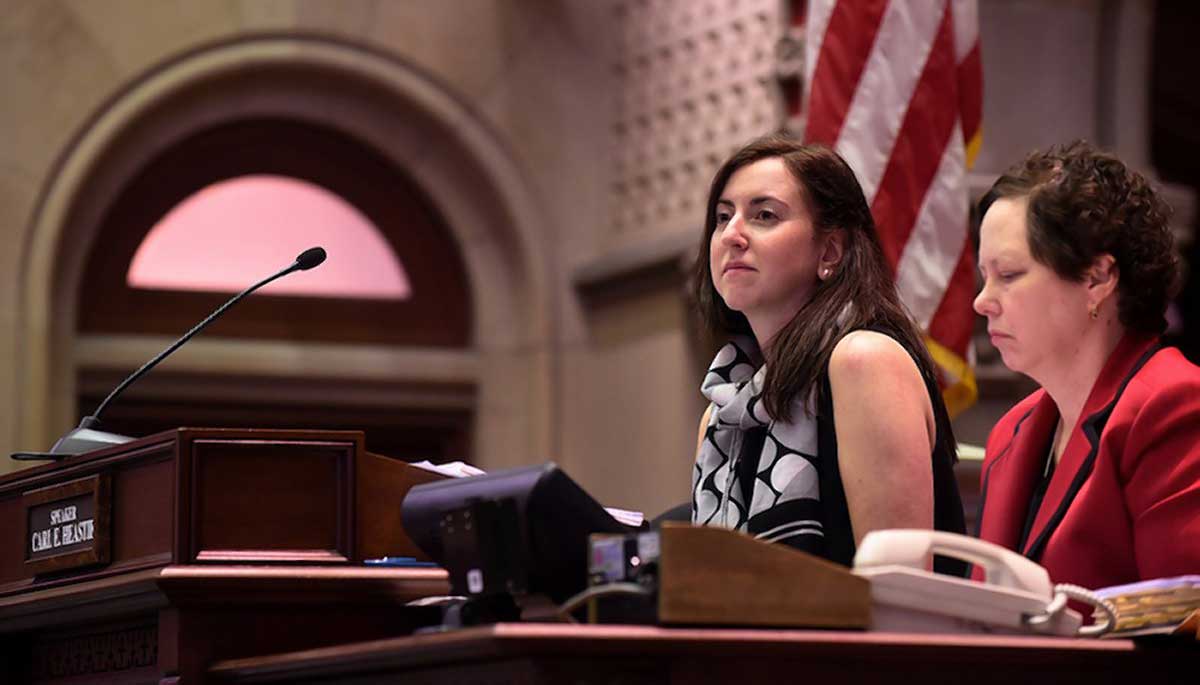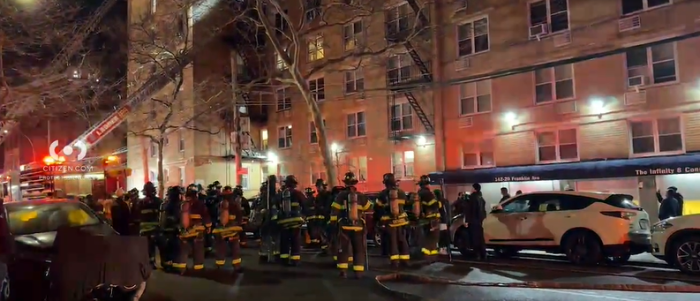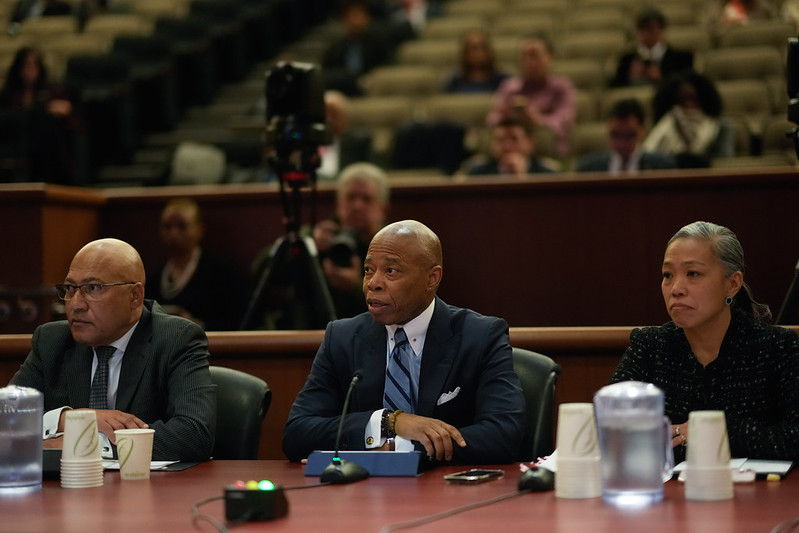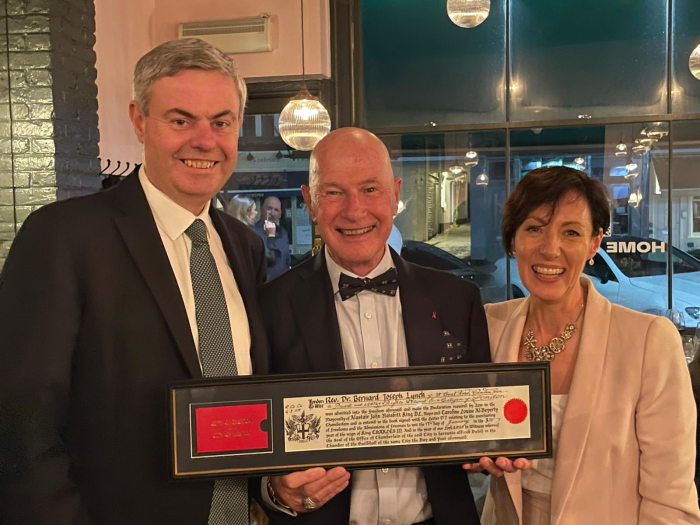Assemblywoman Nily Rozic and Brooklyn state Senator Andrew Gounardes introduced legislation on Monday that would strengthen the current sexual harassment laws for victims of sexual harassment, regardless of the level of pervasiveness or severity of the alleged conduct.
The new legislation would clarify and define what constitutes sexual harassment.
“The flawed ‘severe or pervasive’ standard of sexual harassment has arbitrarily denied justice for far too long,” said Rozic. “As we work to strengthen our sexual harassment laws, the first step is to ensure that standards are set up to date and well defined.”
According to Gounardes, the current sexual harassment laws in New York state are deeply flawed.
“A system that fails to find behavior such as sexual gestures, touching and ‘grinding’ against employee’s body as failing to rise to the level of offensive and actionable behavior is in critical need of reform,” said Gounardes. “The ‘severe or pervasive’ standard that currently exists under New York law is outdated, arbitrary and entirely subjective. By lowering this impossibly high burden of proof, we are unequivocally defining what constitutes harassment and finally fighting back against a legal framework that has protected perpetrators and denied survivors justice for far too long.”
The Sexual Harassment Working Group, which is comprised of seven former legislative employees who say they experienced or reported sexual harassment in Albany, praised the lawmakers for taking action creating strong, progressive reforms.
“The ‘severe or pervasive’ standard is inhumane and results in a high level of workplace abuse. We are working with the sponsors to fine-tune the bill, based on survivor and expert testimony from yesterday’s hearing. NYC has had improved worker protections for years, and the rest of the state shouldn’t be treated as second class citizens,” the group said in a statement.
Joanne Smith, founder and president of Girls for Gender Equity, which has been advocating alongside cis and trans girls and gender non-conforming youth of color for more than 17 years, said they have consistently held the work of naming the sexual harassment that young people experience in their unique workplace and schools.
“In a similar fashion to traditional employment, one of the significant barriers created for young people by the federal government’s proposed definition of sexual harassment is that it requires students to experience harm before a school is responsible for taking action,” said Smith. “We want to challenge standards which require that cis and trans girls, women, and non-binary young people be exposed to the most severe, ongoing harassment, or even assault, before schools and employers are required to take action. Our consistent goal has been to create cultures of consent through the necessary work of prevention. We are energized by the commitment of members of the legislature to shift norms and make schools and workplaces safer for young people.”


































